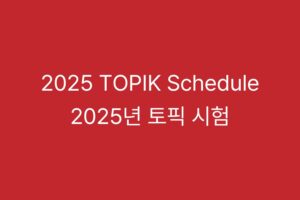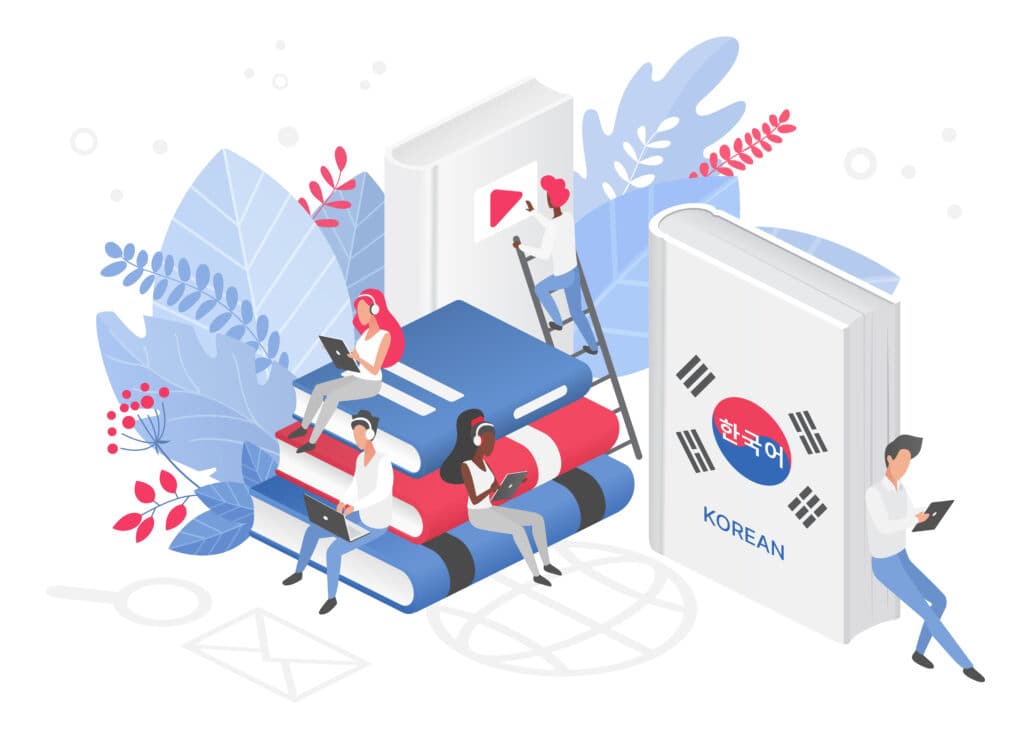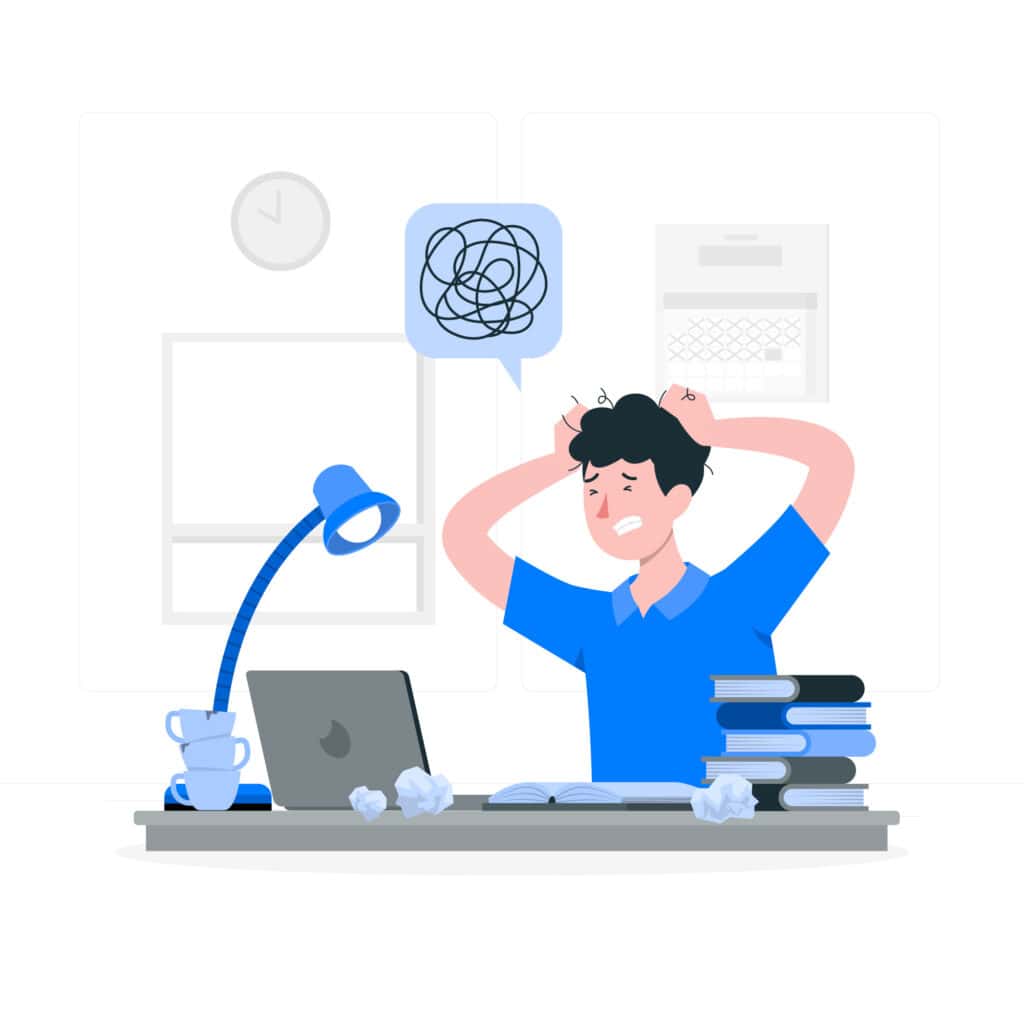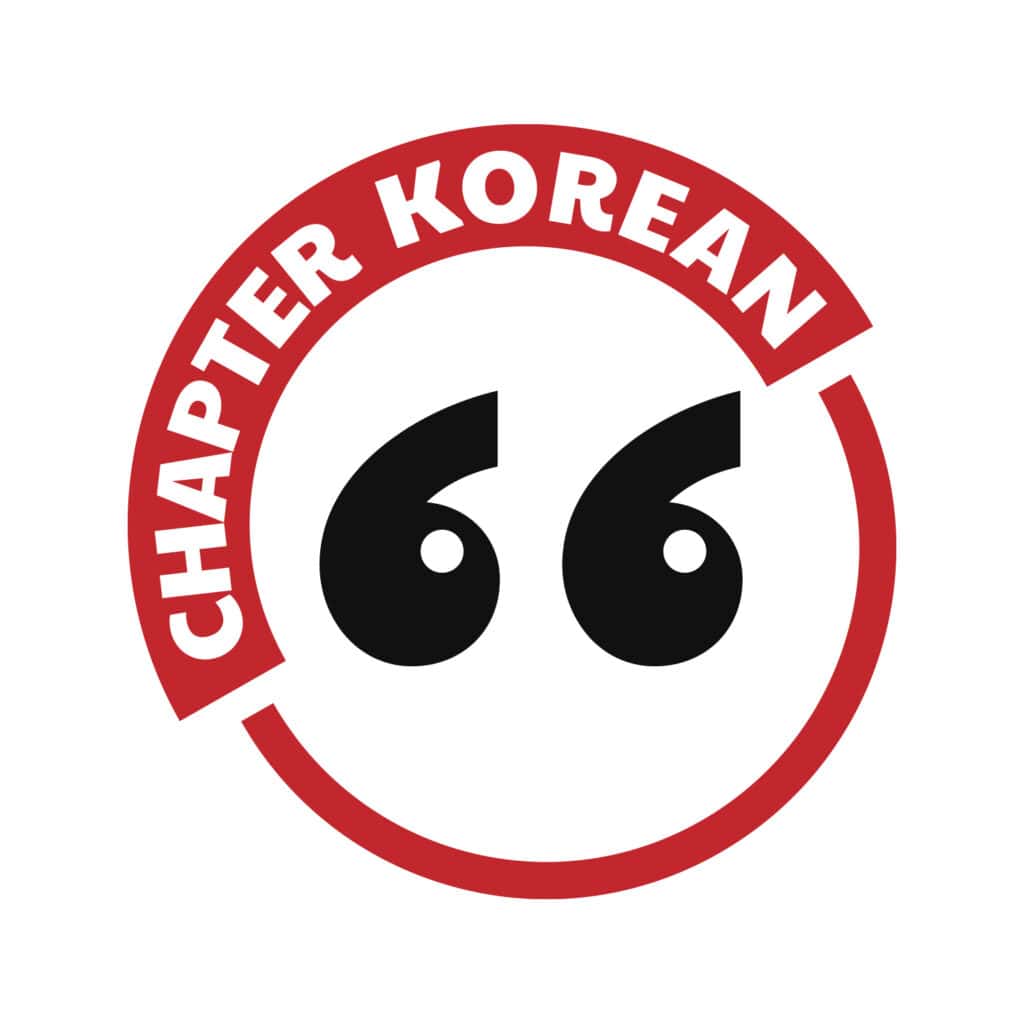

Learning Korean is an exciting journey that opens the door to a rich cultural and linguistic experience. However, navigating the initial stages of this language endeavor can be challenging, often marked by common mistakes that learners frequently encounter. In this comprehensive guide, we will delve even deeper into each mistake faced by early Korean learners and provide extensive insights on how to effectively overcome these challenges.

At the core of the Korean language lies the pivotal writing system known as Hangul. Neglecting the fundamental principles of Hangul can present a substantial obstacle to one’s language-learning progress. Instead of opting for romanization as a seemingly convenient shortcut, it is imperative to invest dedicated time in systematically learning Hangul. Utilizing online resources such as Chapter Korean or language applications like Duolingo can provide interactive and engaging Hangul lessons, fostering an enjoyable and effective learning experience. Proficiency in Hangul not only enhances reading and writing skills but also establishes a profound connection to the language’s structural intricacies and pronunciation, thereby laying a robust foundation for your journey in mastering the Korean language.
Mastering Korean pronunciation, with its distinctive sounds and nuances, can pose a formidable challenge for beginners. Neglecting early pronunciation practice may result in communication difficulties in later stages of language acquisition. To tackle this hurdle, it is crucial to leverage platforms like Forvo, where native speakers provide accurate pronunciations of words. Additionally, immersing yourself in Korean media, such as K-dramas or music, and actively repeating phrases can significantly contribute to refining your accent.
Furthermore, seeking feedback from native speakers through language exchange forums becomes invaluable in perfecting your pronunciation and enhancing overall confidence in speaking. It’s essential to recognize that effective communication in Korean extends beyond mere vocabulary acquisition; it encompasses the subtle intricacies of pronunciation and intonation. By dedicating time and effort to honing these aspects, learners can cultivate a more authentic and proficient command of the Korean language.

Grammar serves as the foundational backbone of any language, and Korean is certainly no exception. Rushing through the fundamentals of grammar can lead to confusion and impede one’s ability to construct meaningful sentences. To establish a sturdy foundation, it is crucial to engage with resources such as textbooks or online courses, accessible on platforms like Chapter Korean. Delve into essential concepts such as sentence structure, verb conjugations, and honorifics to ensure a comprehensive understanding of the language’s underlying structure, thereby facilitating smoother communication as you advance in your learning journey.
A robust grasp of grammar not only allows for more precise self-expression but also empowers learners to engage in meaningful conversations with native speakers. By dedicating time and attention to mastering grammar intricacies, individuals can enhance their linguistic proficiency, making their language usage more accurate and nuanced in various communicative contexts.
Although memorizing vocabulary is undeniably crucial, doing so without grasping its contextual usage can potentially restrict your ability to use the language naturally. It is essential to transcend mere isolated memorization and instead concentrate on learning words within phrases or sentences, enabling a deeper understanding of their usage and nuances. Applications such as Memrise or Anki prove valuable in providing vocabulary within context, thereby enhancing comprehension and retention.
This approach not only facilitates memorization but also empowers learners to apply vocabulary in real-life situations, contributing significantly to more effective communication. Embracing a contextual approach to learning vocabulary ensures that language skills extend beyond rote memorization, enabling individuals to employ words with a nuanced understanding of their appropriate usage and enhancing their overall language proficiency.

Language and culture are inherently intertwined, forming inseparable entities. Disregarding the cultural context can result in misunderstandings and a superficial comprehension of the language. To cultivate a more profound understanding, immerse yourself in Korean culture through diverse platforms. Make use of online streaming services to watch Korean dramas, explore culinary delights with resources like My Korean Kitchen, and delve into literature translated by authors such as Bae Suah for a literary perspective.
Understanding cultural nuances not only enriches your language skills but also establishes a deeper and more authentic connection to the Korean language. As you progress in your language learning journey, cultural awareness evolves into an integral component of effective communication. Embracing the cultural aspects of the language enhances your ability to navigate social interactions, express yourself more accurately, and engage meaningfully with native speakers. Therefore, incorporating cultural immersion into your language learning strategy is essential for a holistic and well-rounded grasp of the Korean language.

Consistent practice stands as the cornerstone of effective language learning, and underestimating its significance can serve as a hindrance to progress. It is imperative to develop a study routine that aligns with your schedule, whether that involves short, daily sessions or more extended periods of focused study. To augment your learning experience, leverage language exchange apps such as Tandem or HelloTalk, providing regular opportunities to practice with native speakers.
Even dedicating a few minutes to daily practice can yield substantial benefits over time, reinforcing previously acquired knowledge and gradually building language proficiency. Consistent practice not only contributes to the enhancement of vocabulary and grammar but also nurtures an overall intuition for the language, making Korean feel more natural and familiar. This approach ensures a steady and sustainable progression in language acquisition, fostering a deeper connection to the language and a heightened ability to engage in meaningful conversations with native speakers.
The fear of making mistakes often proves to be a common obstacle in the journey of language learning. However, it is crucial to reframe this fear and perceive mistakes as valuable learning opportunities. Actively participate in language exchange communities available on platforms like Reddit or Facebook, where fellow learners share their experiences, and native speakers offer valuable insights. Embracing a growth mindset becomes essential, allowing you to view mistakes as stepping stones toward enhanced language proficiency.
In this perspective, errors are seen as integral aspects of the learning process, with each correction representing a significant step towards improvement. By engaging in environments that prioritize learning over perfection, you contribute to the creation of a supportive community where learners can thrive. This shift in mindset not only reduces the apprehension associated with making mistakes but also fosters an atmosphere where individuals feel encouraged to take risks, actively learn from their errors, and continually advance their language skills.

In language learning, reading and writing are undeniably crucial, yet neglecting the development of listening and speaking skills can impede overall proficiency. To address this, engage in dedicated listening exercises through platforms such as Chapter Korean, where interaction with native tutors is facilitated, or explore podcasts like “Talk To Me In Korean” for additional practice. Actively participating in conversation clubs or attending language exchange meetups provides valuable opportunities to practice and enhance your speaking skills.
A well-rounded language education involves balancing all language skills, ensuring versatility and proficiency in the Korean language. To add another layer to your learning experience, watching videos created by Korean YouTubers can expose you to diverse accents, expressions, and colloquialisms, enriching your understanding of the language in real-life contexts. By incorporating these listening and speaking components into your language learning routine, you create a more comprehensive and effective strategy for becoming a proficient Korean language speaker.

Navigating the wealth of language learning resources available can be overwhelming, potentially leading to information overload. To mitigate this challenge, it is advisable to select a few high-quality resources that align with your learning style.
Prioritizing quality over quantity enables a more focused and effective learning experience. By customizing your learning toolkit to suit your preferences and pace, you ensure that each chosen resource contributes meaningfully to the development of your language proficiency. This strategic and personalized approach not only helps manage information overload but also enhances the efficiency and relevance of your language learning journey, ultimately leading to a more successful acquisition of Korean language skills.

Learning in isolation may inadvertently reinforce mistakes. Actively seek feedback through language exchange partnerships or tutor services like Chapter Korean. Participate in online forums where experienced learners and native speakers can provide constructive criticism. Collaborative learning enhances your understanding, addresses specific challenges, and accelerates your overall language growth. Constructive feedback serves as a guiding light, pointing out areas of improvement and offering valuable insights. Embrace feedback as a pathway to refinement, acknowledging that learning is a dynamic process that thrives on continuous improvement.
By addressing these specific challenges and implementing targeted strategies, you can transform your early Korean learning experience. From conquering Hangul basics to embracing cultural nuances, each step contributes to a more profound understanding of the language. Navigate through these pitfalls with resilience, and remember that the joy of mastering Korean lies in the journey itself. If you encounter any difficulties, feel free to seek assistance from Chapter Korean tutors.
Happy learning!





